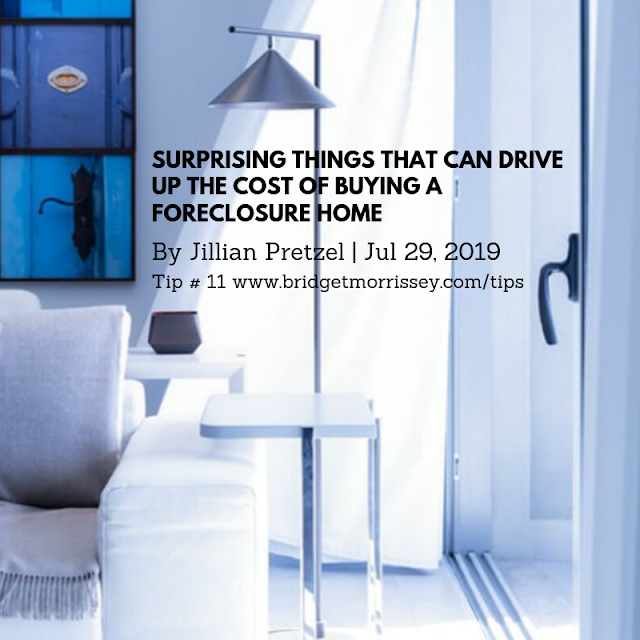Buying a foreclosure home, also known as a distressed property, might seem like a less expensive way to get into your next place. These homes usually sell for about 15% below the home’s actual value. But buying a foreclosure property isn’t always what it seems. While it may look like a bargain, it could end up being more expensive (and more trouble) than it’s worth.
Costs can be extremely unpredictable, and underlying damages could make a property undesirable.
Foreclosures are likely to need some work—and the list of needed repairs and renovations can be long indeed. The worst part is, you might not even have a ballpark estimate of what repairs are needed until you receive the keys.
A foreclosed house is sold as is. If the previous owners couldn’t make their mortgage payments, they likely also fell behind on regular maintenance.
For damaged homes that are priced well below market value, you will probably be competing with developers who plan to rip out everything anyway, and can afford to solve big unknown problems.
Steer clear of a bidding war and avoid busting your budget on a home that needs more work than you can afford.
Some lenders simply won’t offer funding for foreclosure properties. The most common reason: The house is in such bad condition, it can’t pass an inspection.
Expect limited flexibility, if any, when negotiating on the offer price. Banks are not likely to budge on the price, since they are mostly concerned with recouping the costs from their investment.
There’s an extra fee associated with a major home makeover: increased property tax. Fixing the house up will increase its value, and in most places, that means your property tax bill will go up.
There is more than meets the eye when trying to purchase a foreclosure property. For more information go to bmre.us/tip11.

.jpg)
No comments:
Post a Comment